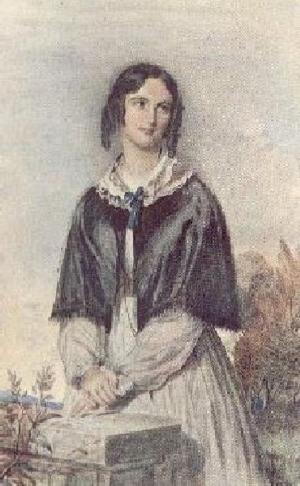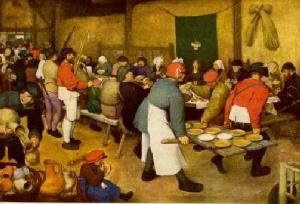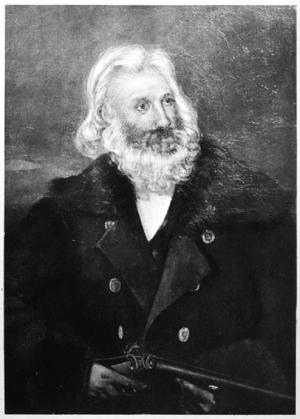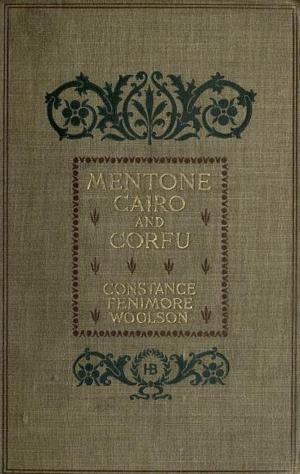The Captivi and The Mostellaria of Plautus, literally translated
Nonfiction, Entertainment, Drama, Greek & Roman, Fiction & Literature| Author: | Titus Maccius Plautus | ISBN: | 9781455404254 |
| Publisher: | B&R Samizdat Express | Publication: | February 16, 2012 |
| Imprint: | Language: | English |
| Author: | Titus Maccius Plautus |
| ISBN: | 9781455404254 |
| Publisher: | B&R Samizdat Express |
| Publication: | February 16, 2012 |
| Imprint: | |
| Language: | English |
Two classic Roman comedies. According to Wikipedia, "Titus Maccius Plautus (c. 254184 BC), commonly known as Plautus, was a Roman playwright of the Old Latin period. His comedies are among the earliest surviving intact works in Latin literature. Plautus wrote around 52 plays, which were released between c. 205 and 184 BCE, of which 20 have survived, making him the most prolific ancient dramatist in terms of surviving work. He attained such a popularity that his name alone became a hallmark of theatrical success. Plautus' comedies are mostly adapted from Greek models for a Roman audience, and are often based directly on the works of the Greek playwrights. He reworked the Greek texts to give them a flavour that would appeal to the local Roman audiences...Shakespeare borrowed from Plautus as Plautus borrowed from his Greek models...The Plautine and Shakespearean plays that most parallel each other are, respectively, The Menaechmi and The Comedy of Errors."
Two classic Roman comedies. According to Wikipedia, "Titus Maccius Plautus (c. 254184 BC), commonly known as Plautus, was a Roman playwright of the Old Latin period. His comedies are among the earliest surviving intact works in Latin literature. Plautus wrote around 52 plays, which were released between c. 205 and 184 BCE, of which 20 have survived, making him the most prolific ancient dramatist in terms of surviving work. He attained such a popularity that his name alone became a hallmark of theatrical success. Plautus' comedies are mostly adapted from Greek models for a Roman audience, and are often based directly on the works of the Greek playwrights. He reworked the Greek texts to give them a flavour that would appeal to the local Roman audiences...Shakespeare borrowed from Plautus as Plautus borrowed from his Greek models...The Plautine and Shakespearean plays that most parallel each other are, respectively, The Menaechmi and The Comedy of Errors."















